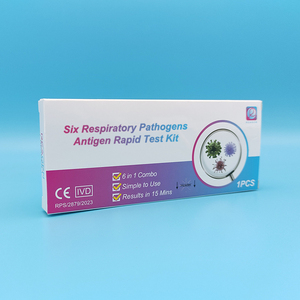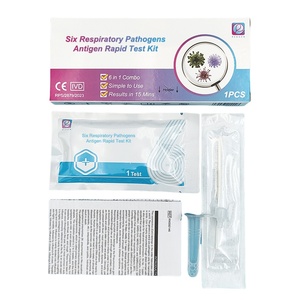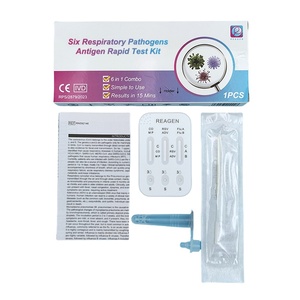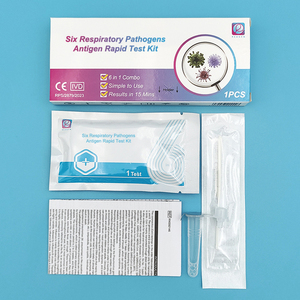
All categories
Featured selections
Trade Assurance
Buyer Central
Help Center
Get the app
Become a supplier

(Có 5 sản phẩm)


























Các thử nghiệm lâm sàng và phân tích của bạn giờ đây được thực hiện dễ dàng hơn nhờ hiện đại. dải thử nghiệm Reflotron tại Alibaba.com. Những công nghệ tiên tiến. dải thử nghiệm Reflotron cung cấp phân tích tốt hơn cùng với độ chính xác cao hơn cung cấp hiệu suất nhất quán. Những cái này. dải thử nghiệm Reflotron dễ vận hành và hoàn toàn có thể được tùy chỉnh đồng bộ với yêu cầu của bạn. Mua các sản phẩm này từ các nhà cung cấp được cấp phép và xác minh trên trang web.
Mạnh mẽ và tiên tiến. dải thử nghiệm Reflotron được cung cấp ở đây được làm từ các sản phẩm chất lượng cao như nhựa, kim loại, sợi cứng, v.v. và có nhiều kiểu dáng. Các sản phẩm này được khách hàng ưa chuộng do tính hiệu quả và cần bảo dưỡng tối thiểu đến không. Các. dải thử nghiệm Reflotron hoạt động bằng pin hoặc bằng điện và có cả tùy chọn bán tự động và tự động. Bạn có thể tiến hành một số lượng lớn các thử nghiệm và thử nghiệm lâm sàng riêng biệt với những chính xác này. dải thử nghiệm Reflotron.
Tại Alibaba.com, bạn có thể lựa chọn giữa nhiều loại. dải thử nghiệm Reflotron tùy thuộc vào kích thước, hình dạng, công suất và chức năng của chúng, chẳng hạn như máy đo nhiệt độ, máy phân tích huyết học tự động, máy phân tích sức khỏe, máy phân tích bệnh tiểu đường, máy phân tích máu, v.v. Tất cả những thứ ở đây. dải thử nghiệm Reflotron được chứng nhận CE, ISO, BIOBASE, SGS để đảm bảo chất lượng tối ưu và an toàn. Bạn cũng có thể chọn từ. dải thử nghiệm Reflotron đi kèm với giao diện trực quan, máy in bên trong hoặc bên ngoài, điều khiển nhiệt độ thông minh và có thể tiến hành nhiều thử nghiệm cùng một lúc.
Chọn từ vô số. dải thử nghiệm Reflotron tùy chọn và mua các sản phẩm đồng bộ với ngân sách của bạn. Các sản phẩm này có sẵn dưới dạng đơn đặt hàng OEM và cũng có thể được đóng gói theo yêu cầu tùy chỉnh của bạn. Hưởng chiết khấu lớn khi mua số lượng lớn.